The Galapagos Islands are just a short flight from mainland Ecuador. Explore these protected islands on a land or boat tour and get ready to get up-close-and-personal with marine iguanas, seals, blue-footed boobies, and giant tortoises. On the island of Santa Cruz, hop on a bicycle and head over to the turtle conservation centre here to learn more about conservation efforts and see baby turtles bred here. Back on the mainland, take some time to explore the UNESCO World Heritage city, Quito, and the nearby Cloud Forest and natural hot springs.
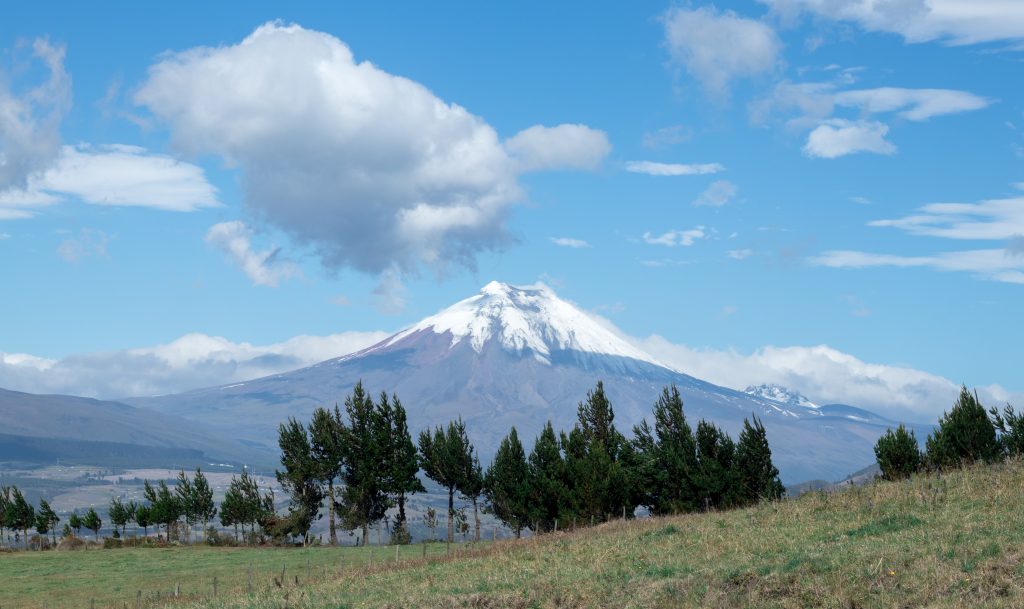
Must See
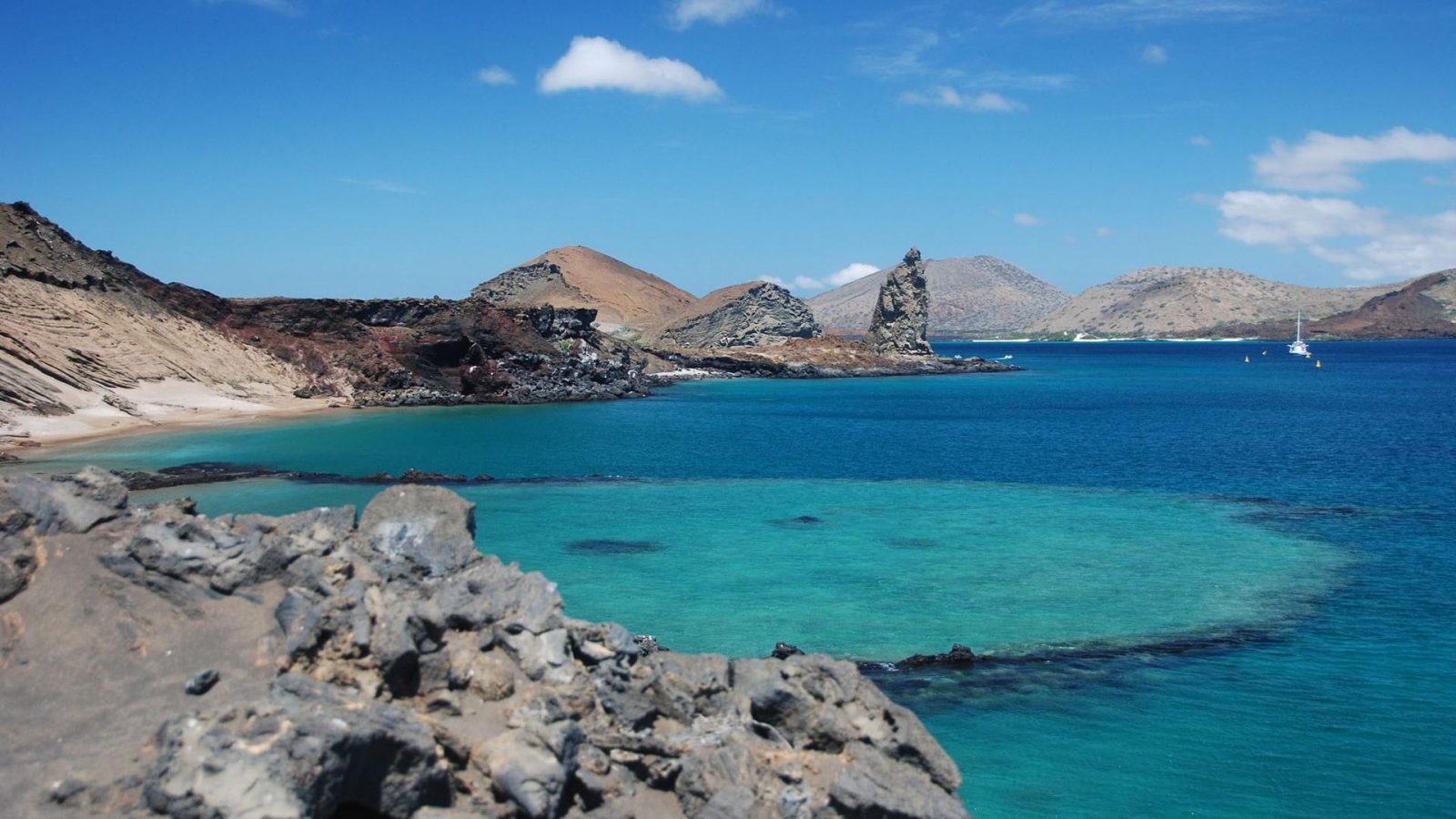
Galapagos Islands
These islands sit at the confluence of three ocean currents, creating a unique living museum and melting pot of marine species and land life. Here you’ll find giant turtles, sea lions, and exotic birds alongside whale sharks and manta rays, so make sure to add this world wonder to your list of must-see spots!
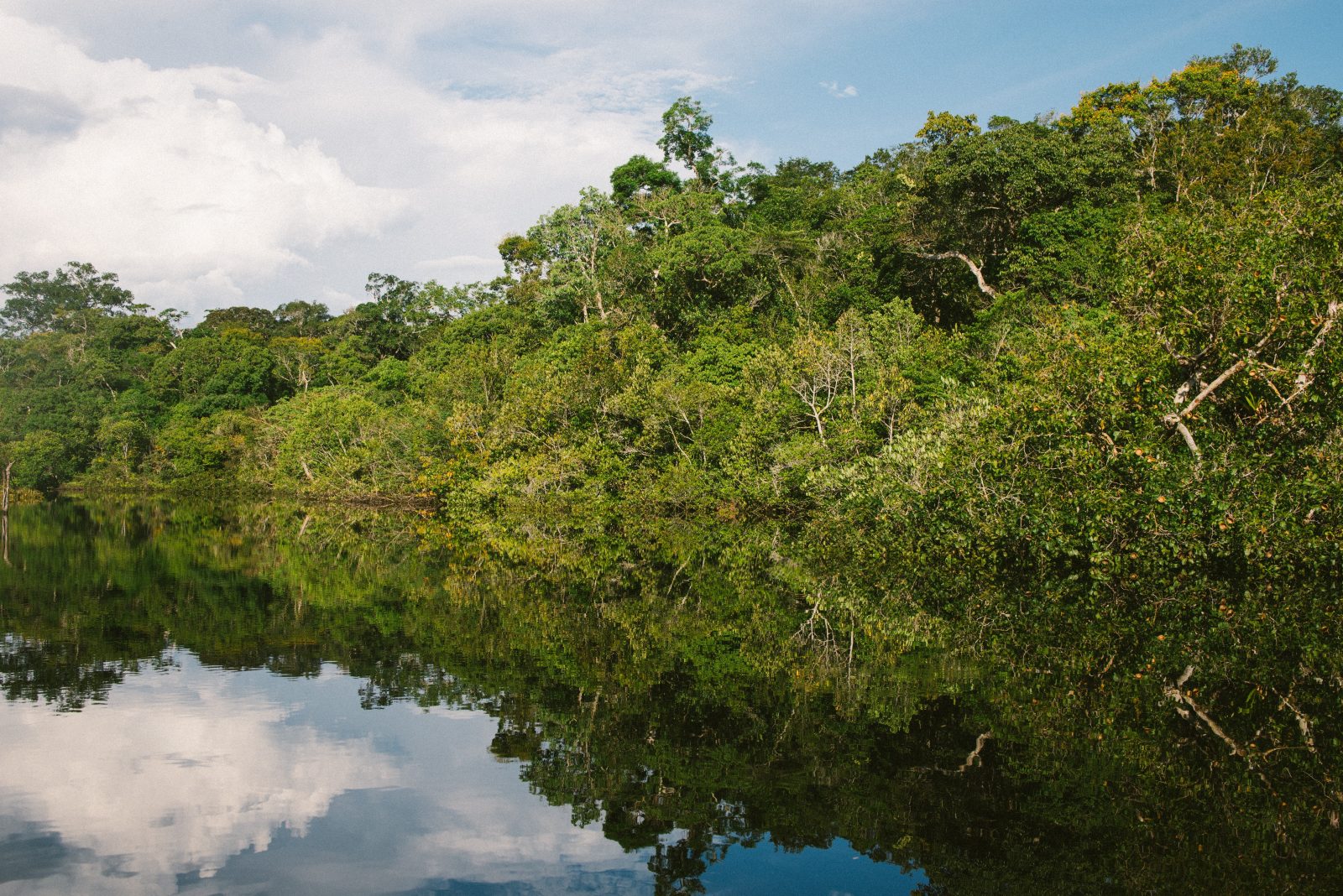
Amazon Region
An adventure here would include exploring the natural wealth of the rainforest like the Yasuni National Park with thousands of flora and fauna species. Local indigenous communities offer endless stories about the history of the region and a diversity of cultures, food and handicrafts to experience.
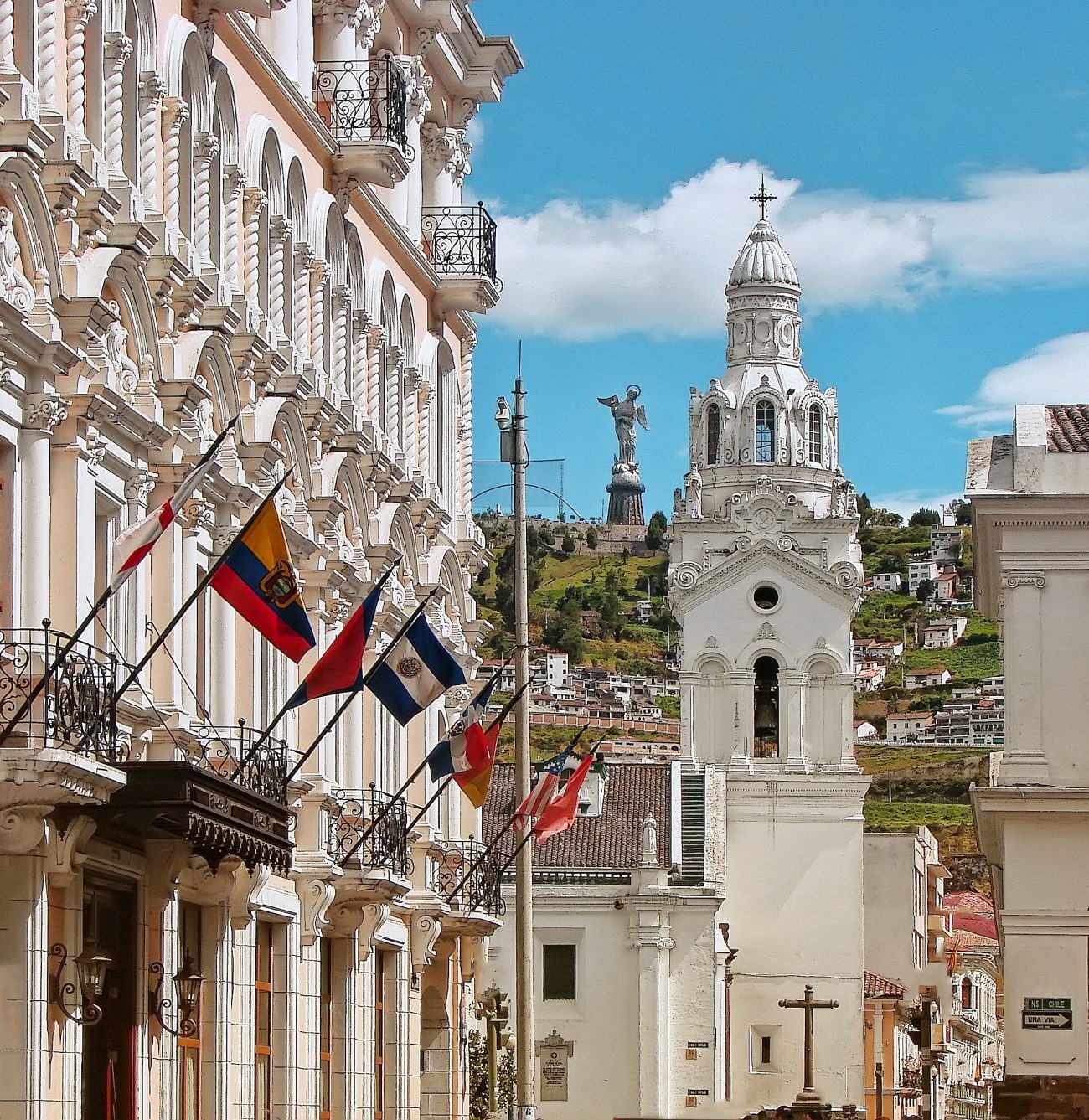
Quito
High in the Andes foothills sits Quito, a city known for its well-preserved colonial centre. Walk the city streets to discover the melange of architectural influences that includes the blending of Spanish, Italian, Flemish, indigenous and Iberian Moroccan styles.
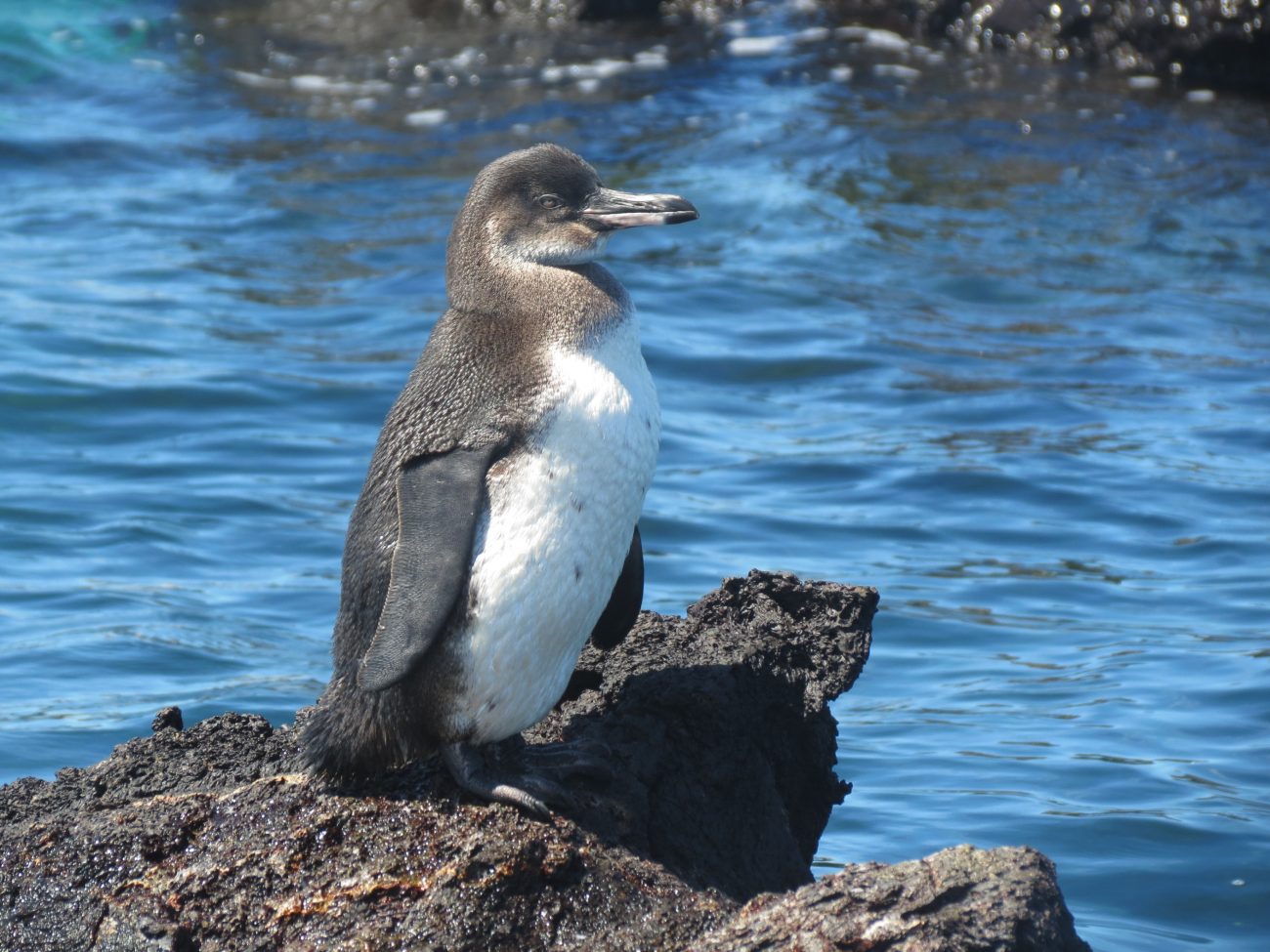
Must Do
Water exploration in the Galapagos
Because of its rich marine life, the Galapagos islands are exceptional spot for diving and snorkel adventures. Do a dive at Darwin’s Arch to see manta rays, sea turtles and dolphins or Cousins Rock to catch a glimpse of the Pacific Seahorse in their black corals habitat.
The Hot Springs of Quito
At just 64km east of Quito, you’ll find Papallacta a relaxing paradise of internationally renowned thermal waters in the midst of a moorland with a beautiful rainforest.
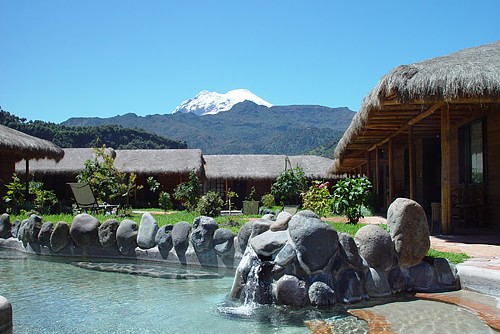
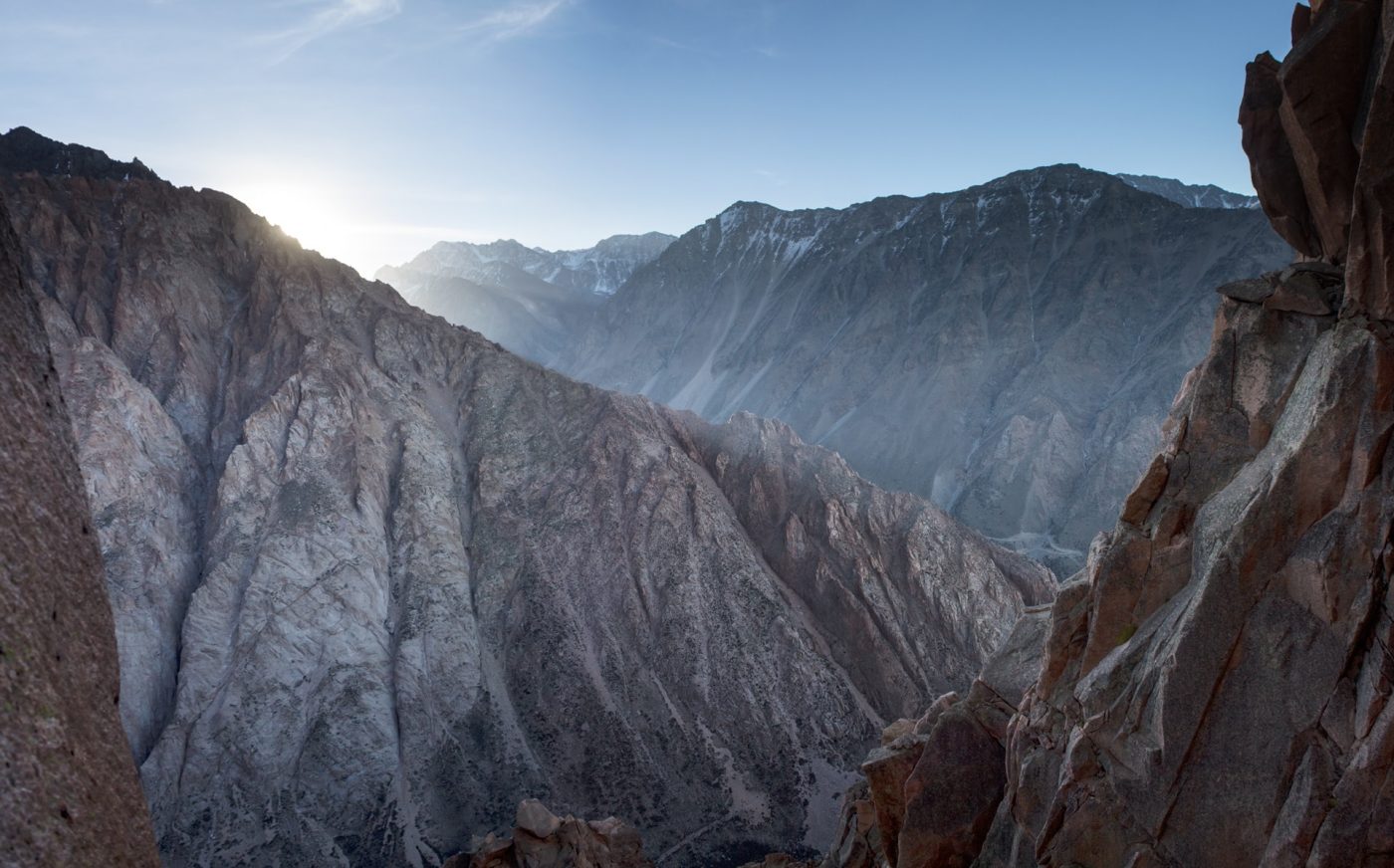
Adventuring in the Andes
The Andes are among the world’s longest mountain ranges with various terrains, including glaciers, grasslands, and volcanoes (even active ones!). There are several options for hiking, walking and biking trips in this region. Don’t miss out Quilotoa Loop, an iconic trek locations and most recognized by the turquoise lagoon in the crater.
When To Go
Ecuador has no real seasons as it lies on the equator. The dry season runs from July to November.
